Leading change
Widening access through open learning
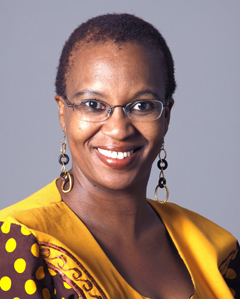 In this article Prof Mpine Makoe, Head of the Institute for Open Distance Learning (IODL), looks at the latest local and international trends in the open learning movement. The IODL will be co-hosting the Open Learning Conference 2018 – click here for more information.
In this article Prof Mpine Makoe, Head of the Institute for Open Distance Learning (IODL), looks at the latest local and international trends in the open learning movement. The IODL will be co-hosting the Open Learning Conference 2018 – click here for more information.
Recently DHET drafted an Open Learning Policy Framework for Post-School Education and Training to guide the implementation of open learning practices. Although, open learning seem to be a new concept, openness in education have been around long before the written word. Knowledge was transmitted through oratory and skills were passed on through doing. In this era, orators and philosophers used to deliver public lectures at no costs, people will stop by and imbibe on the fountain of knowledge. The open curriculum of this era was driven by what students wanted to listen to or leave out in the same way as the present day knowledge and content is easily available on the internet. People go online and choose the information that they are interested in.
Throughout history, different types of technologies have impacted on education. The biggest game changer of the way knowledge was transmitted was the invention of the printing press. Books could reach larger audiences and people could access knowledge anywhere and anytime. Although books were very expensive when they first came out, they became cheaper and more accessible over the years, the same way as computers were when they were introduced and now many people can access the internet on mobile phones.
It is interesting to observe that the current open education principles are guided by similar characteristics of flexibility, learner-centred, accessibility and lifelong learning that also influenced the rise of open education thousands of years ago. Since then, formal education took many turns from being completely open to being completely closed. The rise of the current open scholarship has been attributed to the impact of technology in every facets of our lives. The magnitude of new technologies introduced over the last two decades have influenced all sectors of education. In recent years, many educational institutions have invested extensively in their use of Information and Communication Technologies (ICT) to enhance teaching and learning. The use of ICTs is now becoming increasingly entrenched in many institutions’ systems and practices, offering an exponential increase in opening up access to education and training. This led to open education practices becoming more entrenched into mainstream education.
As the cost of education become prohibitive to many people, open learning makes education more accessible and affordable. The Massachusetts Institute for Technology, through its Open Courseware (OCW) initiative, took a lead when it made its study material available at no cost. The idea of making study materials available lead to the emergence of the Open Educational Resources (OER) movement with the aim of sharing educational content at no costs. Access to OER may give people an opportunity not only to have access to study material but also copy, reuse and repurpose study material to suit their context study.
In the last decade, the open movement gained momentum. In 2003, the Open Access was established at Budapest and Unisa is one of six South African institutions that signed the Berlin Declaration on Open Access to Knowledge showing the commitment to opening access to research output. Through signing the declaration, Unisa also committed to supporting the open scholarship through the development of OERs. Despite the developing countries slowness in participating in the OER movement, two important OER declarations originated in Africa: the 2007 Cape Town Declaration on Open Education and the 2009 La declaration de Dakar sur les REL supported by UNESCO, COL, l‟Agence Universitaire de la Francophonie (AUF) and the Organisation Internationale de la Francophonie (OIF). Both declarations were speaking to the need to “accelerate efforts to promote open resources, technology and teaching practices in education” (Cape Town Open Education Declaration). This declaration also further stated “open education is not limited to just OER. It also draws upon open technologies that facilitate collaborative, flexible learning and open sharing of teaching practices that empower educators to benefit from the best ideas of their colleagues.”
Open learning also includes Massive Open Online Courses (MOOCs). These are freely available online courses that allow huge numbers of students from different parts of the world to enroll and participate in an online class. Stephen Downes who believes that knowledge and learning is rooted on network of connections created the first MOOC and based it on three features of openness: open content, open instruction and open assessment. Although MOOCs had great promise when it started, many students who initially enrolled in the programmes tend to drop out it due to lack of support from the facilitator who teaches hundreds of students scattered all over the world. However, MOOCs have a potential to enable access to high quality education engagement.
The rationale for the expansion of higher education is rooted in a view of a global knowledge economy. The open learning based model has proved to be efficient in expanding access into higher education by providing educational content at no or low costs. Academic and skills training has great importance and relevance in developing countries of Africa where there is a huge need for skilled and trained workforce to enhance productivity and remain competitive in the global economy.
Publish date: 2018-08-30 00:00:00.0


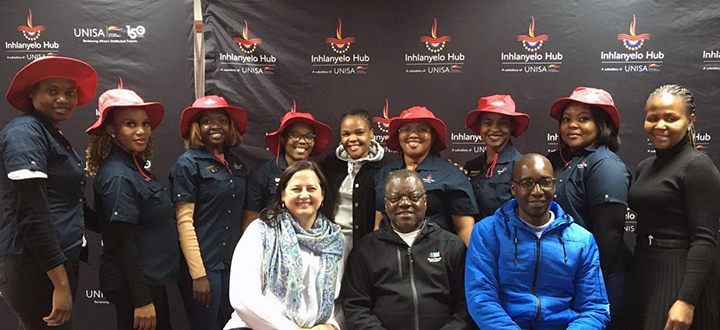 Women drone pilots continue their journey in the skies
Women drone pilots continue their journey in the skies
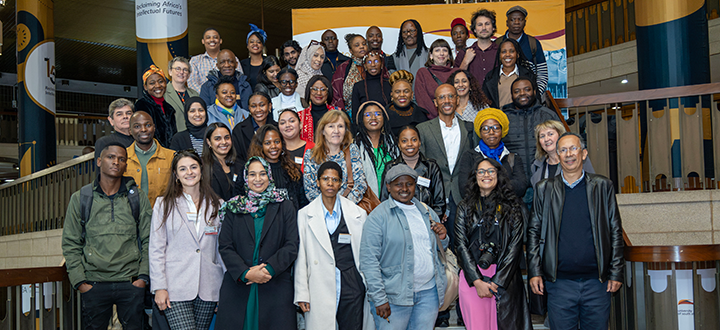 Black Planetary Studies takes centre stage at Unisa
Black Planetary Studies takes centre stage at Unisa
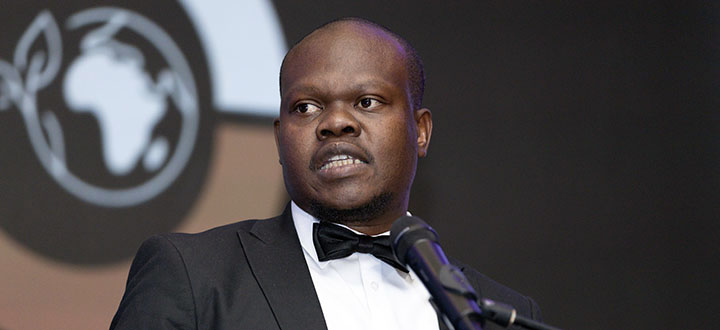 Unisa concludes its milestone 150th anniversary on a high note
Unisa concludes its milestone 150th anniversary on a high note
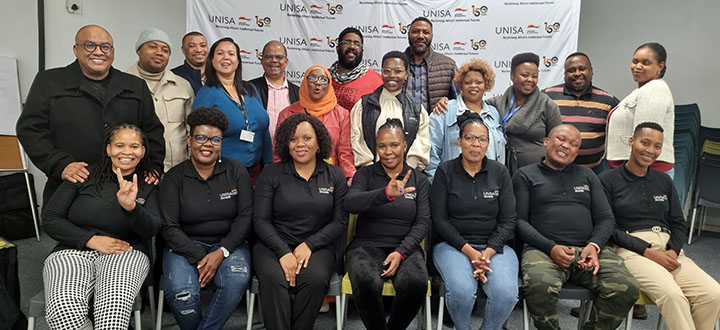 Empowering inclusive education: The role of ARCSWiD at Unisa
Empowering inclusive education: The role of ARCSWiD at Unisa
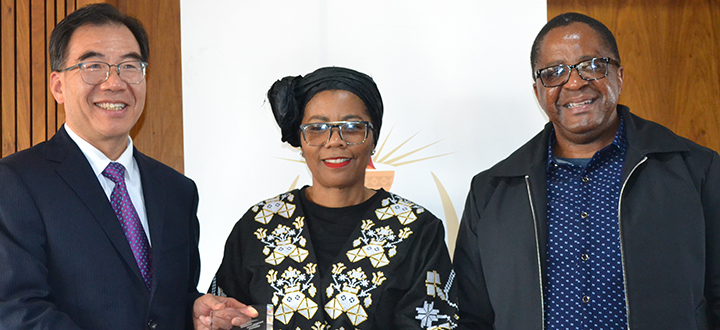 Distinguished Unisa academic associate earns a global recognition for his research prowess
Distinguished Unisa academic associate earns a global recognition for his research prowess